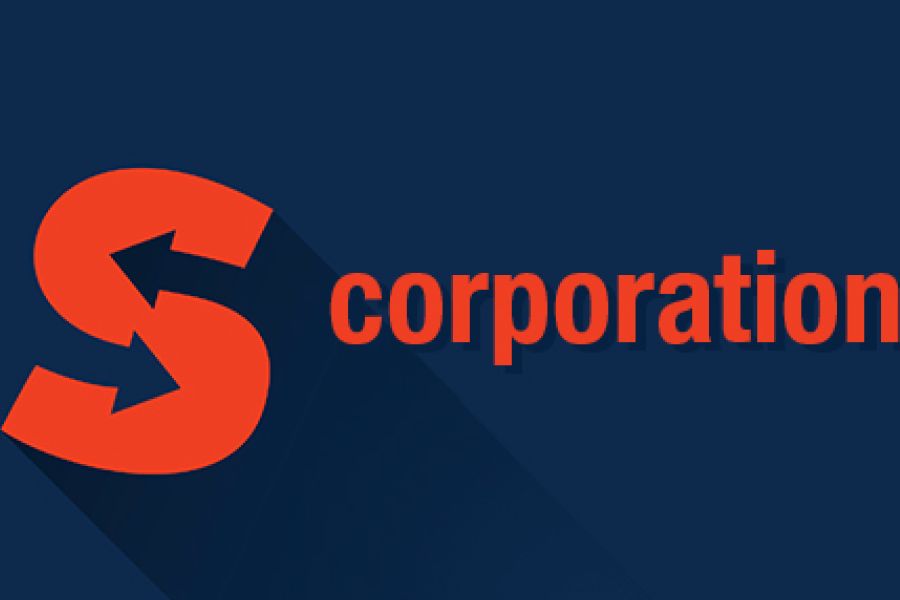If your small business doesn’t offer its employees a retirement plan, you may want to consider a SIMPLE IRA. Offering a retirement plan can provide your business with valuable tax deductions and help you attract and retain employees. For a variety of reasons, a SIMPLE IRA can be a particularly appealing option for small businesses. The deadline for setting one up for this year is October 1, 2018. The basics SIMPLE stands for “savings incentive match plan for employees.” As the name implies, these plans are simple to set up and administer. Unlike 401(k) plans, SIMPLE IRAs don’t require annual filings or discrimination testing. SIMPLE IRAs are available to businesses with 100 or fewer employees. Employers must contribute and employees have the option to contribute. The contributions are...

If you gamble, be sure you understand the tax consequences. Both wins and losses can affect your income tax bill. And changes under the Tax Cuts and Jobs Act (TCJA) could also have an impact. Wins and taxable income You must report 100% of your gambling winnings as taxable income. The value of complimentary goodies (“comps”) provided by gambling establishments must also be included in taxable income as winnings. Winnings are subject to your regular federal income tax rate. You might pay a lower rate on gambling winnings this year because of rate reductions under the TCJA. Amounts you win may be reported to you on IRS Form W-2G (“Certain Gambling Winnings”). In some cases, federal income tax may be withheld, too. Anytime a Form W-2G is issued, the...
The S corporation business structure offers many advantages, including limited liability for owners and no double taxation (at least at the federal level). But not all businesses are eligible and, with the new 21% flat income tax rate that now applies to C corporations, S corps may not be quite as attractive as they once were. Tax Comparison The primary reason for electing S status is the combination of the limited liability of a corporation and the ability to pass corporate income, losses, deductions and credits through to shareholders. In other words, S corps generally avoid double taxation of corporate income — once at the corporate level and again when distributed to the shareholder. Instead, S corp tax items pass through to the shareholders’ personal returns and...
The pieces of tax legislation garnering the most attention these days are the Tax Cuts and Jobs Act (TCJA) signed into law last December and the possible “Tax Reform 2.0” that Congress might pass this fall. But for certain individual taxpayers, what happens with “extenders” legislation is also important. Recent History Back in December of 2015, Congress passed the PATH Act, which made a multitude of tax breaks permanent. However, there were a few valuable breaks for individuals that it extended only through 2016. The TCJA didn’t address these breaks, but they were retroactively extended through 12/31/17, by the Bipartisan Budget Act of 2018 (BBA), which was signed into law on 2/9/18. Now the question is whether Congress will extend them for 2018 and, if so, when. In...
The Tax Cuts and Jobs Act (TCJA) liberalized the eligibility rules for using the cash method of accounting, making this method — which is simpler than the accrual method — available to more businesses. Now the IRS has provided procedures a small business taxpayer can use to obtain automatic consent to change its method of accounting under the TCJA. If you have the option to use either accounting method, it pays to consider whether switching methods would be beneficial. Cash vs. Accrual Generally, cash-basis businesses recognize income when it’s received and deduct expenses when they’re paid. Accrual-basis businesses, on the other hand, recognize income when it’s earned and deduct expenses when they’re incurred, without regard to the timing of cash receipts or payments. In most cases, a business...
Converting a traditional IRA to a Roth IRA can provide tax-free growth and tax-free withdrawals in retirement. But what if you convert your traditional IRA — subject to income taxes on all earnings and deductible contributions — and then discover you would have been better off if you hadn’t converted it? Before the Tax Cuts and Jobs Act (TCJA), you could undo a Roth IRA conversion using a “recharacterization.” Effective with 2018 conversions, the TCJA prohibits recharacterizations — permanently. But if you executed a conversion in 2017, you may still be able to undo it. Reasons to recharacterize Generally, if you converted to a Roth IRA in 2017, you have until October 15, 2018, to undo it and avoid the tax hit. Here are some reasons you might want to...
One of the biggest concerns for family business owners is succession planning — transferring ownership and control of the company to the next generation. Often, the best time tax-wise to start transferring ownership is long before the owner is ready to give up control of the business. A family limited partnership (FLP) can help owners enjoy the tax benefits of gradually transferring ownership yet allow them to retain control of the business. How it works To establish an FLP, you transfer your ownership interests to a partnership in exchange for both general and limited partnership interests. You then transfer limited partnership interests to your children. You retain the general partnership interest, which may be as little as 1% of the assets. But as general partner, you can still run...
There was talk of repealing the individual alternative minimum tax (AMT) as part of last year’s tax reform legislation. A repeal wasn’t included in the final version of the Tax Cuts and Jobs Act (TCJA), but the TCJA will reduce the number of taxpayers subject to the AMT. Now is a good time to familiarize yourself with the changes, assess your AMT risk and see if there are any steps you can take during the last several months of the year to avoid the AMT, or at least minimize any negative impact. AMT vs. regular tax The top AMT rate is 28%, compared to the top regular ordinary-income tax rate of 37%. But the AMT rate typically applies to a higher taxable income base and will result in...
Under the Tax Cuts and Jobs Act (TCJA), employees can no longer claim the home office deduction. If, however, you run a business from your home or are otherwise self-employed and use part of your home for business purposes, the home office deduction may still be available to you. Home-related expenses Homeowners know that they can claim itemized deductions for property tax and mortgage interest on their principal residences, subject to certain limits. Most other home-related expenses, such as utilities, insurance and repairs, aren’t deductible. But if you use part of your home for business purposes, you may be entitled to deduct a portion of these expenses, as well as depreciation. Or you might be able to claim the simplified home office deduction of $5 per square foot,...











